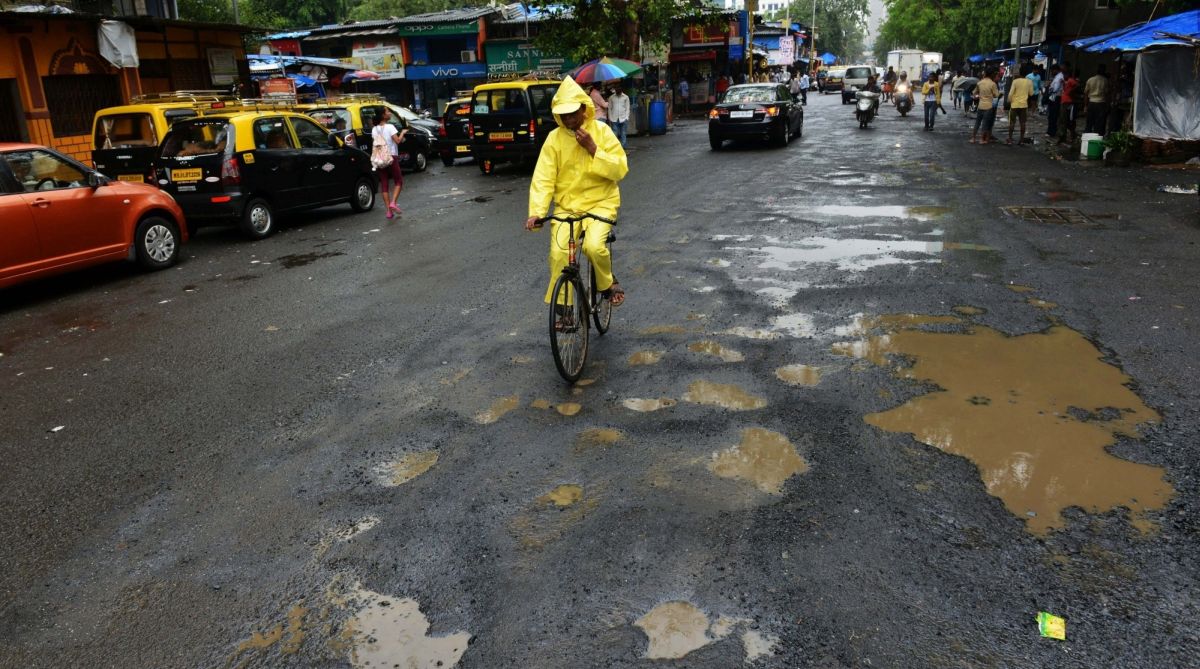It is a condemnation, not just an indictment, of the prevailing quality of urban management that the highest court in the land should have to dirty its hands dealing with one aspect of the municipal mess ~ the potholes that pock-mark city streets, particularly during the rainy season.
And that citizens have to petition the Supreme Court for relief powerfully articulates the common folk’s lack of confidence in the authorities. When dealing with one such petition a few days back, a bench of Justices Madan B Lokur and Deepak Gupta observed that the situation was “frightening” and more pothole-related deaths were reported than those killed by terrorists.
Advertisement
It was common knowledge that those entrusted with road maintenance were not doing their job properly, they said. The bench asked the Supreme Court Committee on Road Safety to look into “this very serious issue”. “People are dying, and the officials are counting potholes” the court said, referring to reports from Mumbai which put the pothole count in the western metropolis at an estimated 4,000. The court called for enhanced compensation payments to pothole victims and did not appear impressed by government counsel claiming higher payments would follow enactment of the fresh legislation.
Compensation, however, comes into the picture only after the fact and obviously the citizen cannot constantly expect judicial relief from patent civic incompetence. Municipal corporations are at theb ottom of the political ladder so even negative votes are no threat in a top-heavy system. The multiplicity of authorities militates against the fixing of responsibility and penalising those who duck their duty.
The previous government had launched the Jawaharlal Nehru Renewal Mission, the present one makes much of its “smart cities” project ~ but potholed roads have persisted. While it is true that the Centre has little direct role in road-maintenance (national highways excepted) nothing prevents the ministers for transport, urban affairs etc from persuading/pressuring state governments, and through them the municipalities, into upgrading road maintenance.
If the central ministries have no stick to wield, surely they can try to find carrots to dangle? The common folk are entitled to certain basics: it is for the central and state governments to join forces to provide them. That different political parties control national and state governments, or local bodies, is not a valid alibi.
When Mr Narendra Modi promised achche din he never qualified the comment or say which tier of government would provide. Roads free of potholes are as indicative of good governance as what any international credit rating might suggest.
Good roads, electricity, water supply, sewerage, drainage and health services are integral elements of the “contract” citizens and governments enter into every time a vote is sought. It will be no different in 2019, but the hapless citizen has no way of enforcing that contract. He has been at the receiving end these past 70 years of “freedom”.











